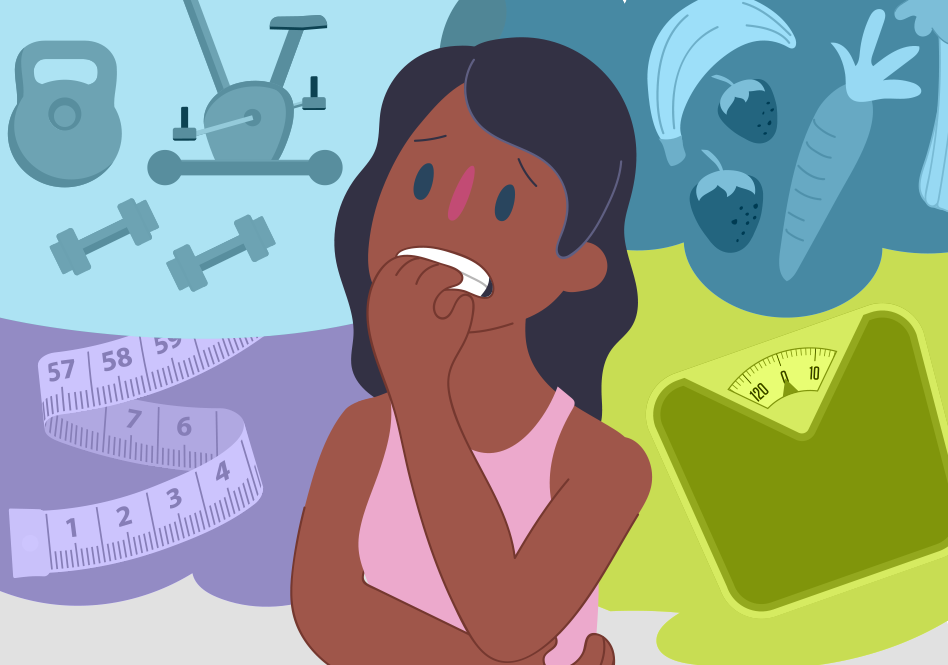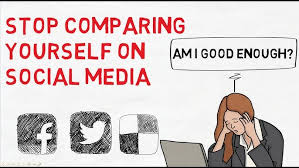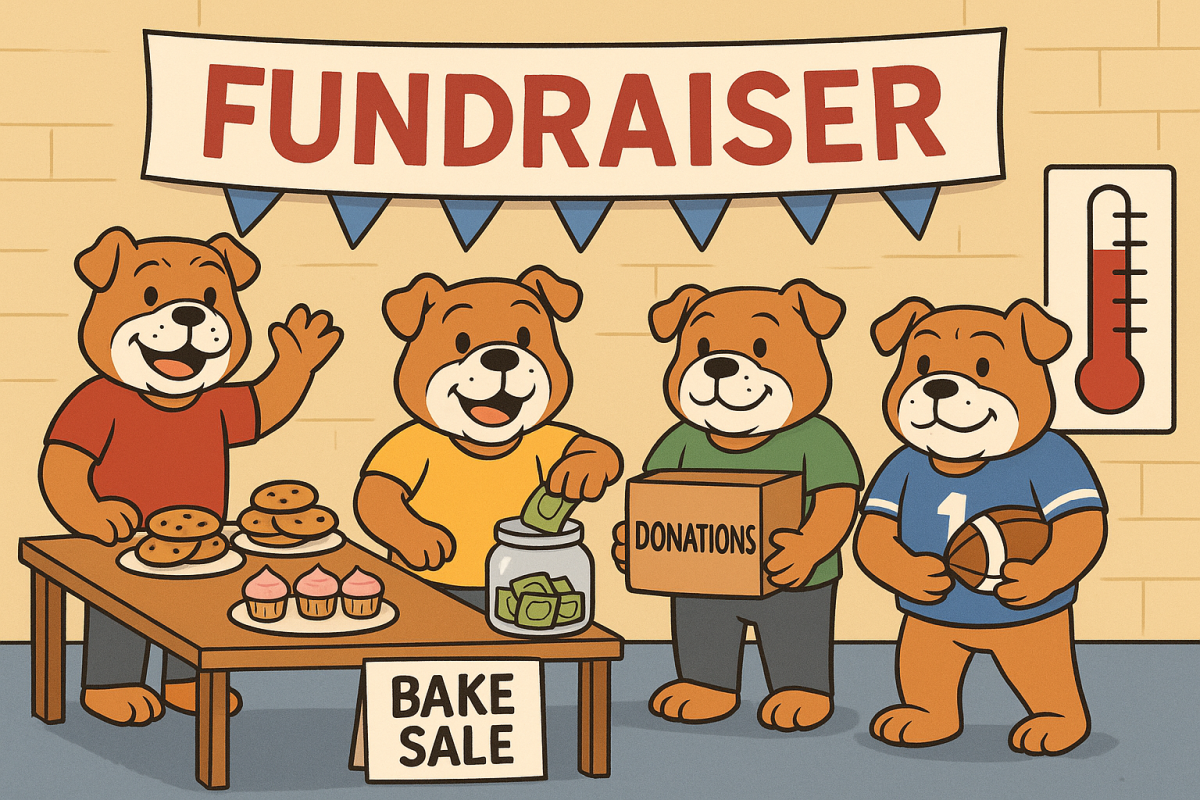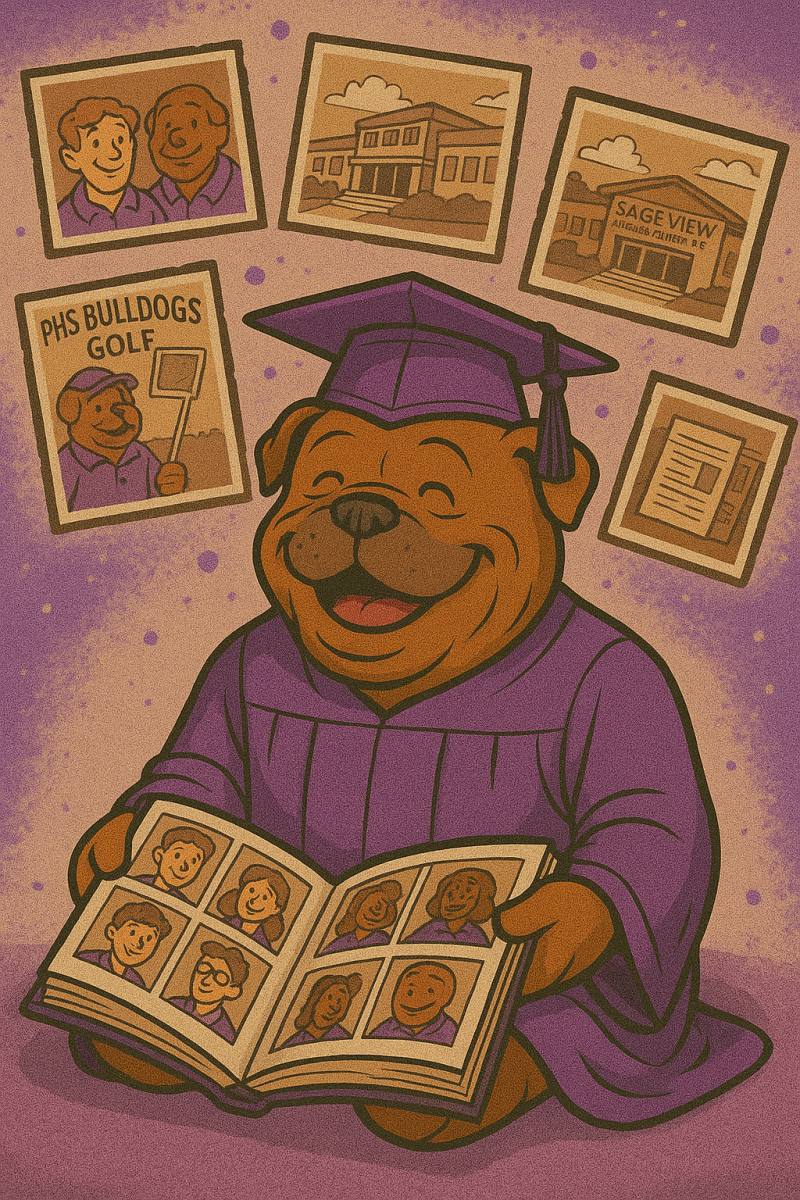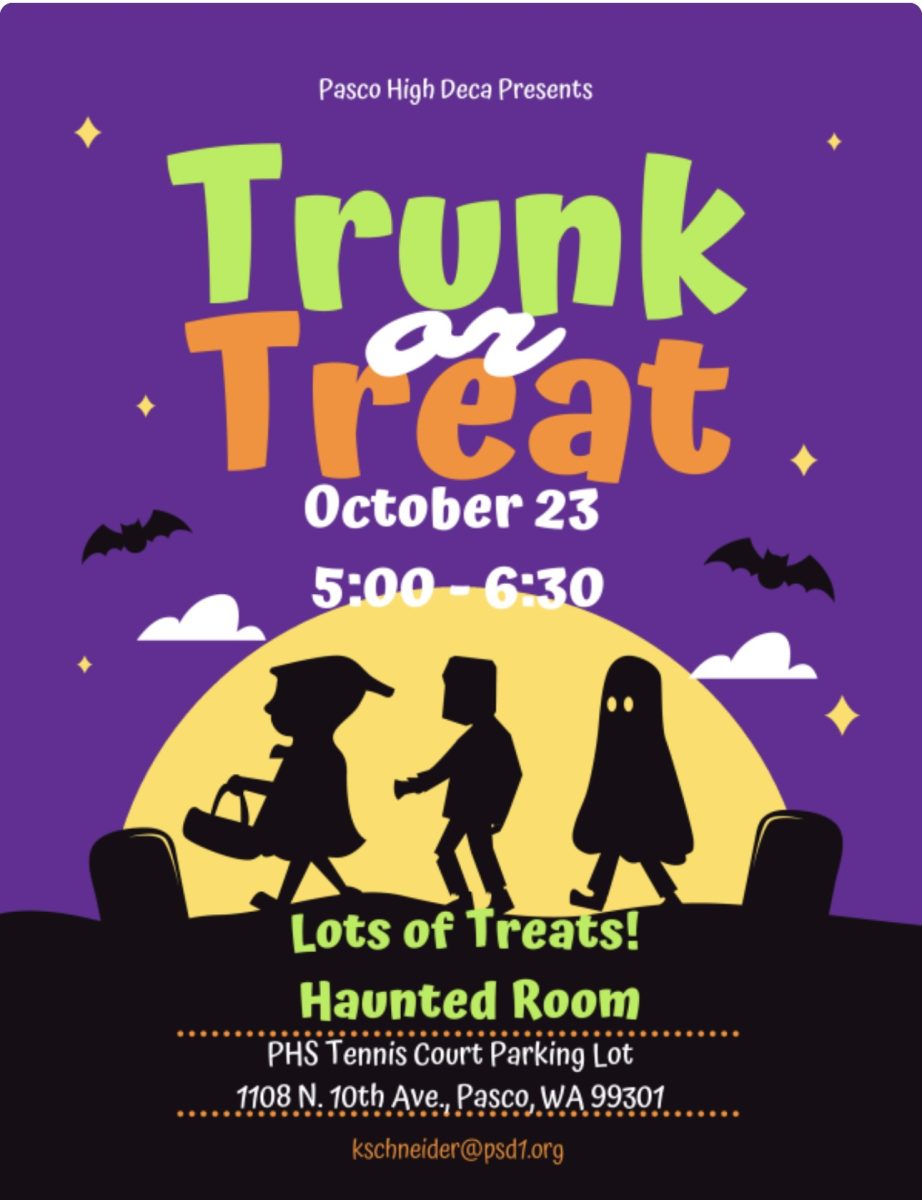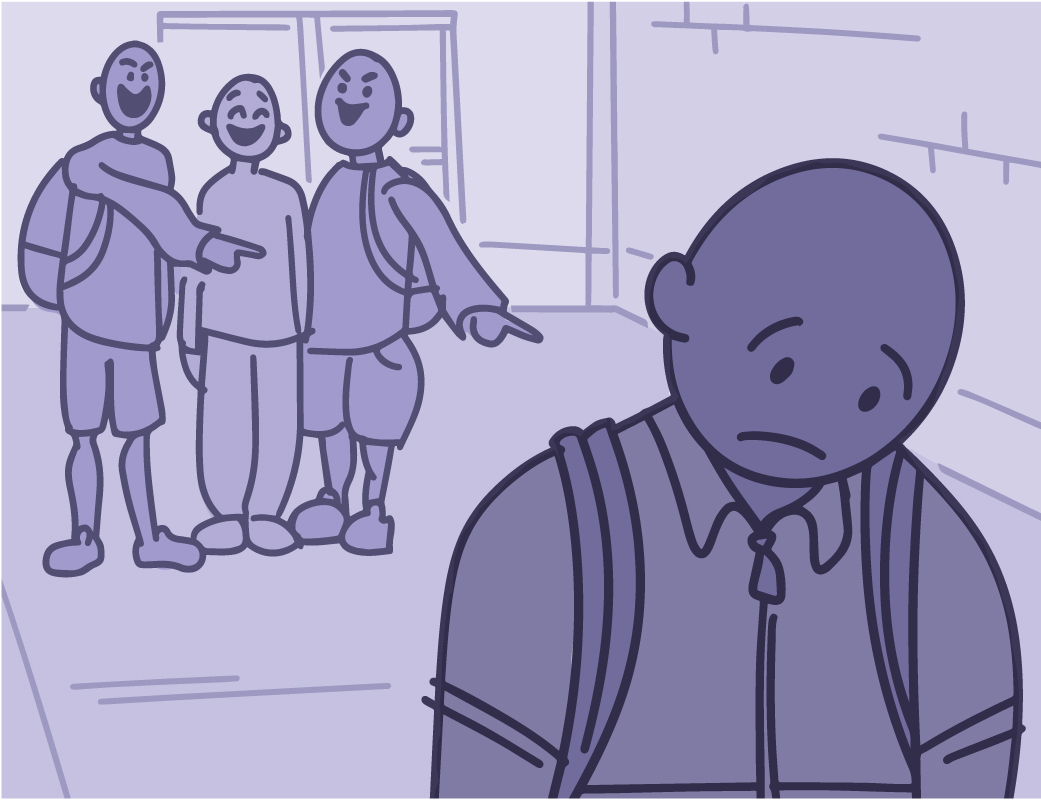Eating disorders are a mental disorder that is not talked about enough. An eating disorder (ED) is a disorder that distorts self-image and creates an unhealthy relationship with food. Other things that it can lead to can be anorexia, bulimia, osteoporosis, and can lead to heart failure. It’s important to know you are not alone and seek health and support. The first thing you can do for yourself is recognize that you have a problem and take the first step to heal. It’s always important to have a support system your friends, family even teachers or the nurse.
Eating disorders are so hard to recover from. Speaking from personal experience I’ve had an eating disorder for 2 years and I am still struggling to recover. It’s a disorder that eats you up inside and makes you feel disgusting and ugly constantly even though everyone around you doesn’t see you like that. You might feel like you need to lose weight, but you can do that in a healthy manner not by starving yourself. Starving yourself makes you feel exhausted 24/7 and it makes you miserable and kills your stamina. Food is fuel and restricting food from your body and depriving it of energy kills it slowly.
My eating disorder began during my freshmen year of high school and as a Junior, I am still struggling with it. As a freshman I felt very ugly and what I thought was “fat” I weighed 145 pounds and I felt disgusted with myself constantly. I started thinking that starving myself was the easiest way out to feel pretty. I planned to only lose 10 pounds, but my mind quickly became obsessed with the idea of losing weight. I could not stop myself now as a junior I weigh 92 pounds, which is a 53-pound difference. The weight change was extreme, and it made others around me worry. I am constantly tired and unmotivated and whenever I look in the mirror, I still feel gross and fat. This eating disorder caused me to have extreme body dysmorphia. Everyone around me would compliment how pretty I was when I was skinny and no one knew what was happening behind closed doors. I was trying my best to hide it from everyone including my family. Every day I was swallowing my pride so I wouldn’t eat anything. I always thought that if I wasn’t pretty I wouldn’t be worthy of anyone’s love. I thought if I didn’t do this to my body no one would ever want me but in reality, I could not quit I was so obsessed with my appearance. My mind will play tricks on me and I let it take over, I will only allow myself to have 1 meal a day which is severely unhealthy. My goal is to help others like me seek help and get better or avoid getting an eating disorder.
The first step to healing mainly for everything is to acknowledge you have a problem. This will help you on the road to recovery. The Mayo Clinic says, “an eating disorder can be difficult to manage or overcome by yourself. The earlier you get treatment the more likely you’ll make a full recovery. The quicker you find help the more likely you will be to be able to go back to your normal lifestyle.”
It’s important to seek help and acknowledge your problem regardless of whether it’s to a parent or a trusted adult in your life. I’ve had incredible people who have helped me take my first step into recovery. My sports medicine teacher Jess Ihly has been an incredible resource and has helped me understand more about eating disorders. I had the opportunity to interview her this afternoon to see what her opinion is about eating disorders. My questions for her were more athlete-directed as she is also an athletic trainer.
The first question I asked was, “Why do you believe eating disorders are often found in teenagers?” She responded, “In teenagers specifically I think that it’s the first time kids can make their own choices, not to say eating disorders aren’t found in other age groups but like I said a lot of times like that’s when teenagers can make their own choices in terms of food. I think that plus social media pressures to fit a certain body type or stereotype kind of come into where I feel like we don’t have that as much in younger kids where they don’t have access to it, not saying it isn’t there entirely but I think the combination of teenagers being able to make their own choices and pressures from society and teenagers starting to be aware of those I think that’s kind of a deadly combination for the beginning of eating disorders.”
She elaborates how a combination of these two things can be a deadly combination and it can make an eating disorder begin. Although she also explains that eating disorders can also be found in other age groups not just teenagers.
My next question was “Are athletes more prone to eating disorders? and why?” Her response was “I think they are. I would say largely because of the pressures of their sport and to fit certain body types. For example, we see it in football players sometimes coaches are trying to get them to bulk up fast and or drop weight fast and sometimes we use unhealthy eating habits to do either one of those. As well, as in wrestling, swimming, dance, and a variety of other women’s sports like gymnastics. A lot of times we get those pressures from coaches to be leaner or like a certain body type or to be smaller to fit a certain stereotype for that sport.”
As an athletic trainer, I believe she understands the struggles of an eating disorder caused by expectations by coaches or teammates or sometimes even trying to fit into that stereotype of what you’re supposed to look like according to the sport you do. But even then, no one should pressure you to do anything. If dropping or bulking up necessary weight, there are much healthier ways than starving yourself or overeating.
Furthermore, my following question was “Do you believe there is a cure or a way to get better?” She responded, “I don’t know that there’s ever a cure, I think you can actuate it a little bit to addiction as somebody with an eating disorder similar to someone with an addiction will always be addicted, or they will always have an eating disorder like in the back of their head. But I think we can be treated and I think that there are a lot of programs available. Working with personal trainers, working with counselors, working with doctors. I think can all for one acknowledge that there is a problem and then two start working towards a healthier lifestyle even if that doesn’t fit into the picture of a specific body type.”
Going back to my first point acknowledging you have a problem is the key to your road to recovery.
Ihly, explains that there are a lot of programs you can work to get better you just have to want it.
My last question, which was the most important to me, was “How can you as a Pasco High staff member help or support an athlete or student struggling with an eating disorder?” Ihly stated, “I think I have a unique role in the way that I deal with students and athletes. So, I see we learn about eating disorders and stuff like that in sports medicine and health. I think that my role is to educate largely and two to be a safe space. I think that’s another important role that I play so if students see me teaching about it and they feel like they might have it or know someone who could have an eating disorder they can be comfortable enough to have that difficult conversation and figure out the next course of action for themselves or someone else.”
Talking to Ihly made me realize that teachers do have a large impact and can be a great resource to talk to if you are struggling or if you know a friend who’s struggling. If you are a student or person who needs help find a trusted adult. YOU ARE NOT ALONE! There are people out there who have overcome this. There are people out there who want to help you get better. Seek help before it’s too late.
My next interview was with Nurse Melissa Abel who has been very kind to me and helped me after finding out I was struggling. Nurse Abel has helped and checked on me constantly. She also helped me communicate with my mom about my eating disorder when I was too scared to speak up about it. I asked her the same question, ” Why do you believe eating disorders are often found in teenagers?” Abel said, ” It’s a time where they care very much there psychological development where they care very much about what others think it’s also a time of change.”
Nurse Abel offers a perspective of how during maturity or when teenagers are growing up, they begin to focus more on self-image and what others think of them.
My next question was “Are girls more prone to have eating disorders?” She replied, “I believe they are more prone to eating disorders although boys have eating disorders also, in my experiences, I’ve had more females come to me because I think society as a whole puts so much pressure on girls and what they look like.”
I think she’s correct society has portrayed girls to be picture perfect and not to have a single flaw. The way they portrayed them are tall, and skinny with clear skin, and in reality that’s not what a woman or girl is at all we all have our flaws but society makes us feel like we have to fake it all the time or alter our image to fit in.
My next question was “Do you believe there is a cure or a way to get better?” She answered, “Absolutely yes!”
My last question was “How do you as a staff member help or support an athlete or student who is struggling with an eating disorder? She answered, ” Help them with resources and work as a team, and also get their trust and a relationship going!”
She has indeed helped me identify resources and programs that I could work to get better and she even got in contact with them for me. What this means is that your teachers and your school can help you with so much if you just ask. No one is going to judge you, and everything remains silent and private. Don’t be afraid to reach out and talk to someone you trust.
I want to emphasize that millions of people struggle with this, and you are not the only one. If you are in the area of Washington Seattle Children’s Hospital has a great program and you can reach out to them by calling (206) 987-5629. They have many programs you can work which include staying in the hospital for some time or working with them on Zoom and your school will understand as well! If you have a family member who is struggling with an eating disorder don’t just tell them to eat it’s not as easy as it looks. Create a safe space for them to feel comfortable with sharing. There are many numbers you can call to seek help. Don’t be afraid, you are not alone, and you will overcome this. Don’t give up on yourself, your kids, or your students. We all need someone to care for us and be there for us. Call before it’s too late or the situation worsens. You are perfect just the way you are!
- ANAD Helpline: 1 (888) 375-7767 Monday-Friday, 9am-9pm CT
- National Alliance for Eating Disorders Helpline: 1 (866) 662-1235 Monday-Friday, 9am-7pm ET
- Diabulimia Helpline: 1 (425) 985-3635
- National Association of Anorexia Nervosa and Associated Disorders: 1-630-577-1330
- Multi-Service Eating Disorders Association: 1-617-558-1881
Resources –
“Eating Disorders.” Mayo Clinic, Mayo Foundation for Medical Education and Research, 28 Mar. 2023, www.mayoclinic.org/diseases-conditions/eating-disorders/symptoms-causes/syc-20353603.
Pasco High School, sport medicine teacher : Jess Ihly
Pasco High School, Nurse: Melissa
Personal experience: Student at Pasco High School – Juliana Chavez Martinez

